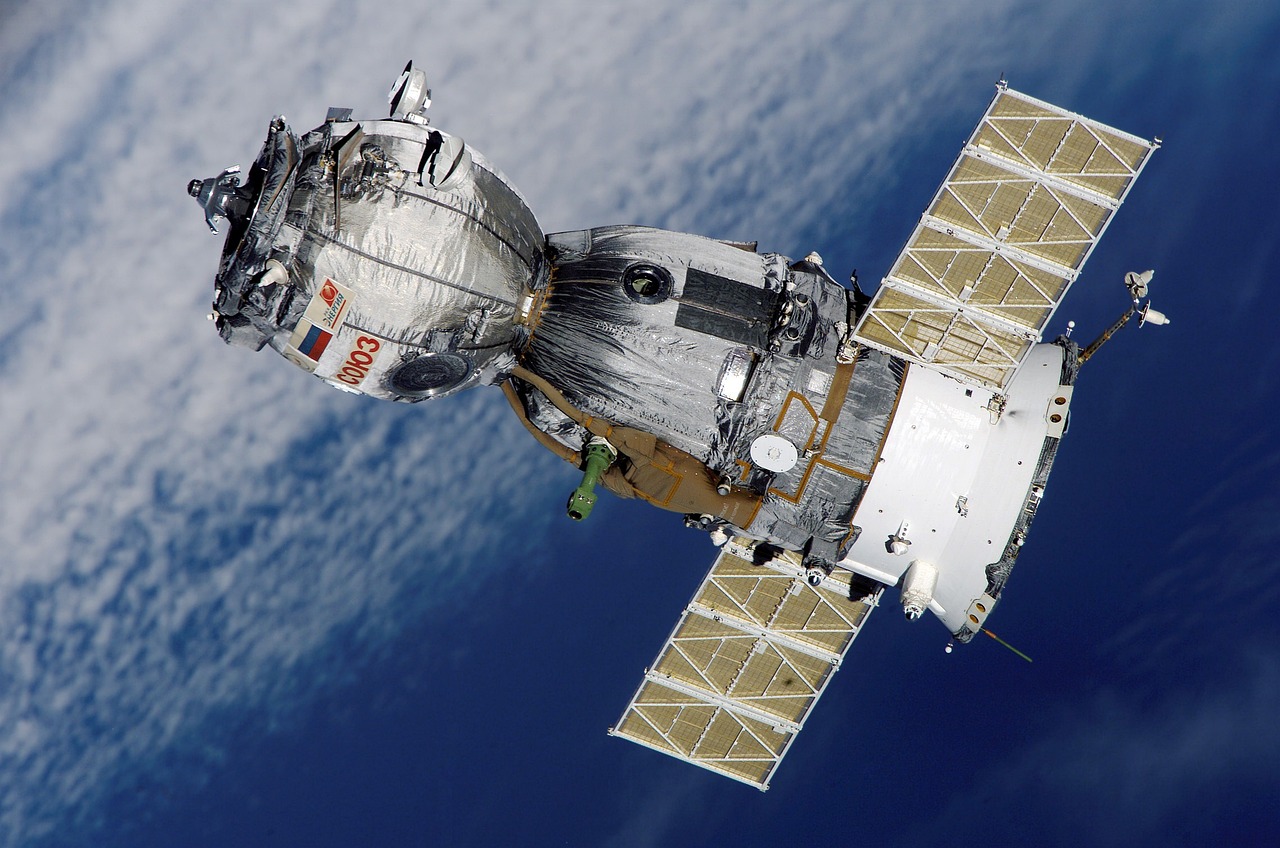The Unseen Social Dynamics of Space Tourism: A Sociocultural Exploration
Space tourism, once a concept confined to the realm of science fiction, is rapidly becoming a reality. As private companies vie for a share in this emerging market, it's crucial to explore the sociocultural implications of this groundbreaking shift. Read below for an intriguing journey into the unseen social dynamics of space tourism.

The Emergence of Space Tourism: A Historical Overview
The concept of space tourism has evolved significantly over the decades. The term was initially coined in the 1960s, amidst the excitement of the Apollo moon landings. However, it remained largely theoretical until the early 2000s, when Dennis Tito became the first private space tourist, purchasing a trip to the International Space Station through the Russian Space Agency. This marked the start of a new era, with space tourism transitioning from a speculative concept to a viable commercial endeavor.
Current Trends and Future Predictions
Today, a handful of private companies are leading the charge in space tourism, with SpaceX, Blue Origin, and Virgin Galactic among the most prominent. The competition among these entities is fueling rapid advancements in spacecraft technology and driving down costs, making space travel increasingly accessible to the wealthy elite. Yet, the long-term vision is far more egalitarian, with industry leaders predicting a future where space travel is as commonplace as air travel is today.
Social Implications and Cultural Shifts
The advent of space tourism has profound social and cultural implications. On one hand, it signifies the democratization of space, opening up a realm once reserved for highly trained astronauts to ordinary citizens. This shift is reshaping our collective relationship with space, transforming it from a distant, abstract concept to a tangible, accessible reality.
On the other hand, current space tourism practices are exacerbating social inequality. The exorbitant costs of space travel mean that it is currently only available to the super-rich, creating a form of ‘space elitism’. This raises important questions about who has the right to access space, and who benefits from its commercial exploitation.
The Significance of Space Tourism in Modern Society
Space tourism is more than just an exciting technological development; it represents a fundamental shift in our societal worldview. The idea of ordinary people traveling to space challenges our traditional notions of exploration and discovery, positioning humanity as a multi-planetary species. This not only expands our physical horizons, but also our conceptual ones, prompting us to reconsider our place in the universe.
Balancing Progress and Equity
As we stand on the brink of a new era in space exploration, it’s vital to balance the pursuit of progress with a commitment to social equity. As space tourism grows, we must ensure that it doesn’t merely become a symbol of wealth and privilege, but a shared human endeavor that benefits all of society. This requires careful regulation, ethical considerations, and a commitment to making space accessible and inclusive.
In conclusion, space tourism is a fascinating lens through which to examine broader social and cultural trends. Its emergence reflects our collective aspirations for exploration, innovation, and progress, yet also highlights persistent social inequalities. As we move forward, it’s crucial to navigate these complexities, ensuring that space tourism evolves in a way that is beneficial to all of society.




